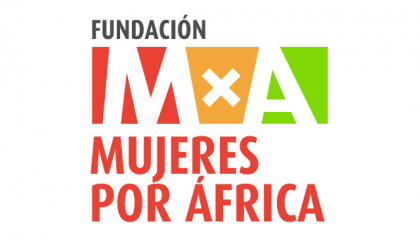
Dávid Krisztián Nagy (CREI, UPF and BSE), together with co-authors Klaus Desmet and Esteban Rossi-Hansberg, has been awarded the Journal of Political Economy's Robert E. Lucas Jr. Prize for their paper, "The Geography of Development."
From the JPE's website:
The Robert E. Lucas Jr. Prize is awarded biannually for the most interesting paper in the area of Dynamic Economics published in the Journal of Political Economy in the preceding two years. The prize was established in 2016 on the occasion of the celebration of Lucas’s seminal contributions to economics and his Phoenix Prize award.
Papers published between August 2016 and June 2018 were considered for this year’s prize, which has been awarded to Klaus Desmet, Dávid Krisztián Nagy, and Esteban Rossi-Hansberg for The Geography of Development (Journal of Political Economy 126 [3]: 903‒83).
Most economic geography models (including classic urban models) treat dynamics by comparing steady states of the model. Yet, transition dynamics are important to analyze the regional consequences of the decline in the rust belt in the United States, the rise of China as a global power, or the impact of climate change. If mobility is costly, the spatial adjustment in response to a given shock may occur slowly and amenities need to be built over time, with important ramifications for welfare calculations.
The paper “The Geography of Development” by Desmet, Nagy, and Rossi-Hansberg provides some of the first applied theory research to make progress on modeling transition dynamics in spatial sorting models. The paper incorporates two components to spatial sorting dynamics: endogenous local productivity growth and sluggish mobility. The paper makes a methodological contribution by finding a tractable way to incorporate mobility frictions into spatial sorting models. Additionally, the paper makes a quantitative contribution by assessing both the global and local effects of mobility restrictions across countries. The paper concludes that mobility frictions are an important deterrent to the reallocation of people across space. According to the paper, removing mobility frictions globally could increase global GDP threefold. The lasting impact of the paper is to provide researchers with a template for how to tractably model transition dynamics within spatial sorting models.




